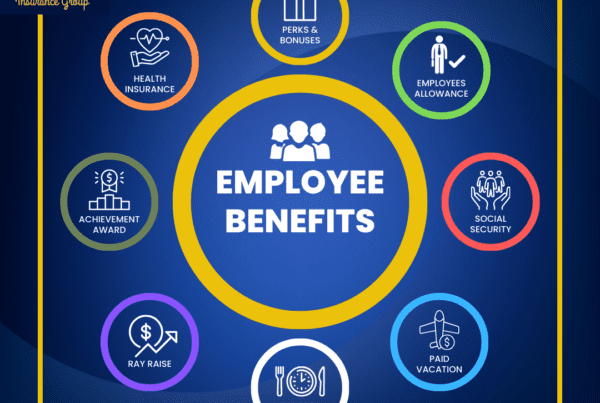
Best Practices for Cyber Security
As a business owner, you know how important it is to keep your customer’s data safe and secure. But what are the best practices for cyber security? Here are some tips to help you protect your business from cyber attacks.
Keep your software up to date – this includes your operating system, web browser, and any apps you have installed
Staying on top of the latest software updates is an important part of maintaining your digital security online. Operating system, web browser, and app updates often contain important security patches to keep your data safe against malicious attackers. Additionally, when software is regularly updated it can run more efficiently, ensuring smoother performance and fewer errors. Still not convinced? Many applications require the latest version in order to use the newest features and functions. So by keeping your software up to date you can ensure that you have the best possible experience with your digital usage.
Use strong passwords – mix upper and lower case letters, numbers, and symbols for the best protection
Good password protection can be the difference between a digital fortress or an easy target. When creating strong passwords, it’s important you mix upper and lower case letters, numbers and symbols for the best possible security. It may seem tedious but adding this extra layer of complexity drastically increases your level of protection from would-be attackers. Our most sensitive information is kept in our passwords and it is worth taking the time to invest in secure passwords that utilize these various characters. Take your accounts seriously and keep them safe from criminals by following this simple guideline!
Don’t click on links in emails or text messages from people you don’t know – they could be malicious
It’s important to be aware of suspicious emails and text messages from people you don’t know. Cyberattackers use email and text messages to send malicious software links that, when clicked on, can put your devices, private information, financial accounts or even identity at risk. If you receive an unsolicited message from someone you don’t know asking to click a link or open an attachment, don’t do it! Be wary when receiving links and attachments – these could be maliciously designed to steal personal information or cause disruption. It’s best practice to do some research on any unfamiliar sender before taking any action upon receiving their message. Taking these extra steps will help protect yourself online.
Be careful what you download – only get programs from trusted sources to avoid malware
It is important to be aware that whenever you download a new program or file, your computer could be at risk of becoming infected with malicious software, known as ‘malware’. Malware can cause problems such as slowing down your computer, corrupting files and even allowing hackers to gain access to your system. To protect yourself, it is essential to only download programs and applications from trusted sources. Installing the latest anti-virus software on your device is also highly recommended. If in doubt, research any unfamiliar platforms before committing to a download, remembering not to provide any personal details unless you are sure that it is an official website or service.
Back up your data regularly – if something happens to your computer, you’ll still have a copy of everything important
If you store important files on your computer, it’s important to remember one of the most important rules of tech – back up your data regularly. Not only could a virus or malfunction delete everything in your system, but stolen or damaged devices can also cause you to lose valuable documents and data. By ensuring to back up your documents on a regular basis, you don’t have to worry about losing critical information if something happens to your device – with a copy stored safely elsewhere, you can relax knowing that all of that information is secure.
Practice good online habits – don’t give out personal information like your Social Security number or credit card number online
As technology continues to grow, it is essential that we practice good online habits when navigating the web. An important step to safe internet use is refraining from giving out personal information such as your Social Security number or credit card numbers. Not only could this put you at risk of potential identity theft, but it can also leak sensitive data to companies or third parties. Therefore, be sure you understand who you are giving information to and why it is being requested before handing it over. Taking these precautions will help ensure that your online experience is secure and fulfilling.
Taking these precautions will help you stay safe online and protect your personal information. Keep your software up to date, use strong passwords, be careful about clicking on links from unknown sources, only download programs from trusted sources, back up your data regularly, and practice good online habits. By following these tips, you can browse the internet safely and keep your personal information out of the wrong hands.



